This article contains spoilers for the Mass Effect trilogy and especially the ending of Mass Effect 3.
Mass Effect 3’s best ending is the one you’ve probably never seen. It starts with shooting a space child in the face, concludes with a message in a bottle, and is more satisfying than any of the trilogy’s other multi-colored endings.
The three “main” endings are pretty spartan in their original unpatched forms. Certainly, it doesn’t help that BioWare didn’t seem to have had an endgame in mind before it began working on the final entry in the otherwise highly acclaimed trilogy. Mass Effect 3’s sudden discovery of the Crucible certainly smacks of Star Wars: The Rise of Skywalker’s infamous “Somehow, Palpatine returned” line, as does the origin of the Reapers.
But the real issue is that even with the Extended Cut DLC, the three endings you’re offered in Mass Effect 3 have next to nothing to do with the decisions you’ve made. Instead, they’re handed to you by the Reapers in a manner that’s at best patronizing and at worst spits in the face of every decision you’ve made up to that point.
To borrow a line from American Gods’ Mr. World: “Spicy, medium, or chunky. They get a choice, of course. Of course! But they are buying salsa.”
And that’s what you’re getting here. Mass Effect teased a veritable narrative banquet where your actions have consequences. But none of that comes to pass and here you are, gazing at three bowls of slightly out-of-date salsa.
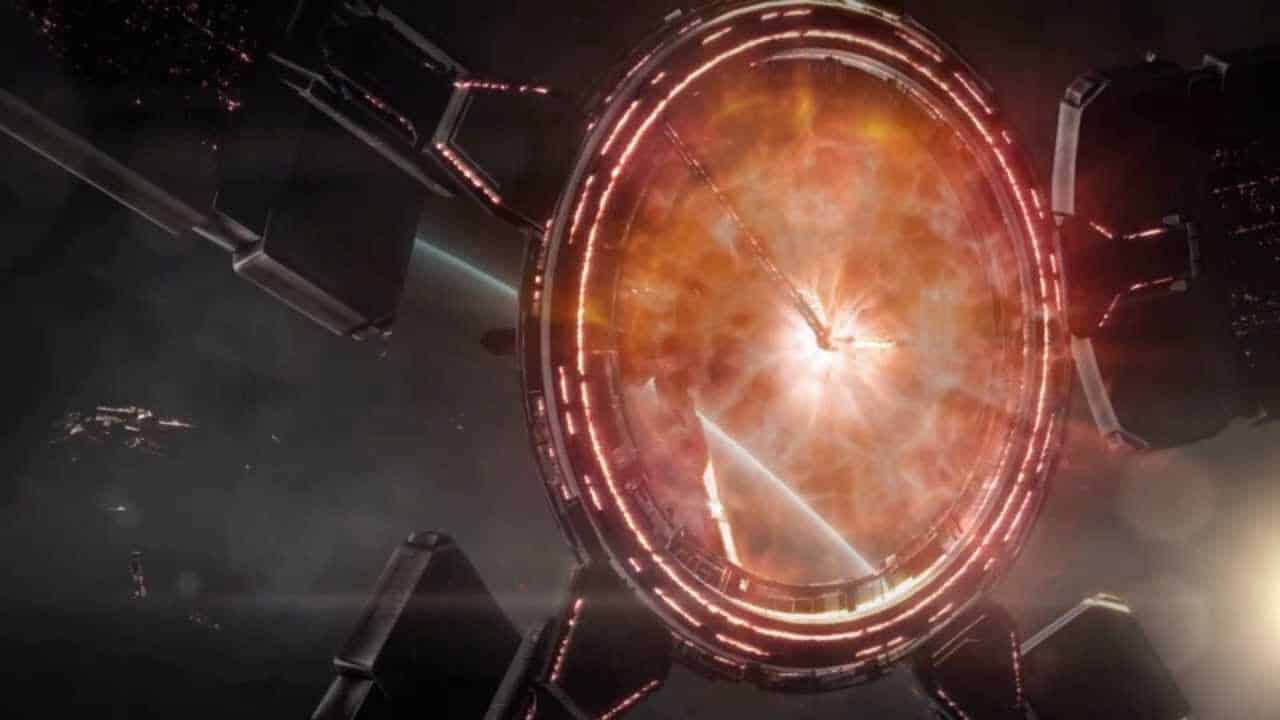
Brokering peace between the Geth and Quarians, the one accomplishment that does hinge on previous games and should get the Reapers to back off, is never even mentioned. All that time you spent preciously guarding your save, terrified that something would happen to your console or backup and “your” Commander Shepard would be lost forever? You needn’t have worried. You could have stamped on your USB stick and ultimately lost nothing, apart from a quick fumble with a space racist.
That’s where Mass Effect 3’s “hidden” ending, added alongside the expanded endings, comes in. Presented with the option of controlling the Reapers, destroying them, or merging organics and synthetics, all of which have relatively minor differences, the space child awaits your decision.
But instead of meekly choosing one of the proffered options, you can turn around and blast the child, leading to the fourth “reject” ending. In this ending the Reapers win and you’re greeted with a cutscene where a hologram of your teammate, Asari researcher Liara T’Soni, recounts the failure to stop the Reapers and expresses hope the next cycle will end more favorably.
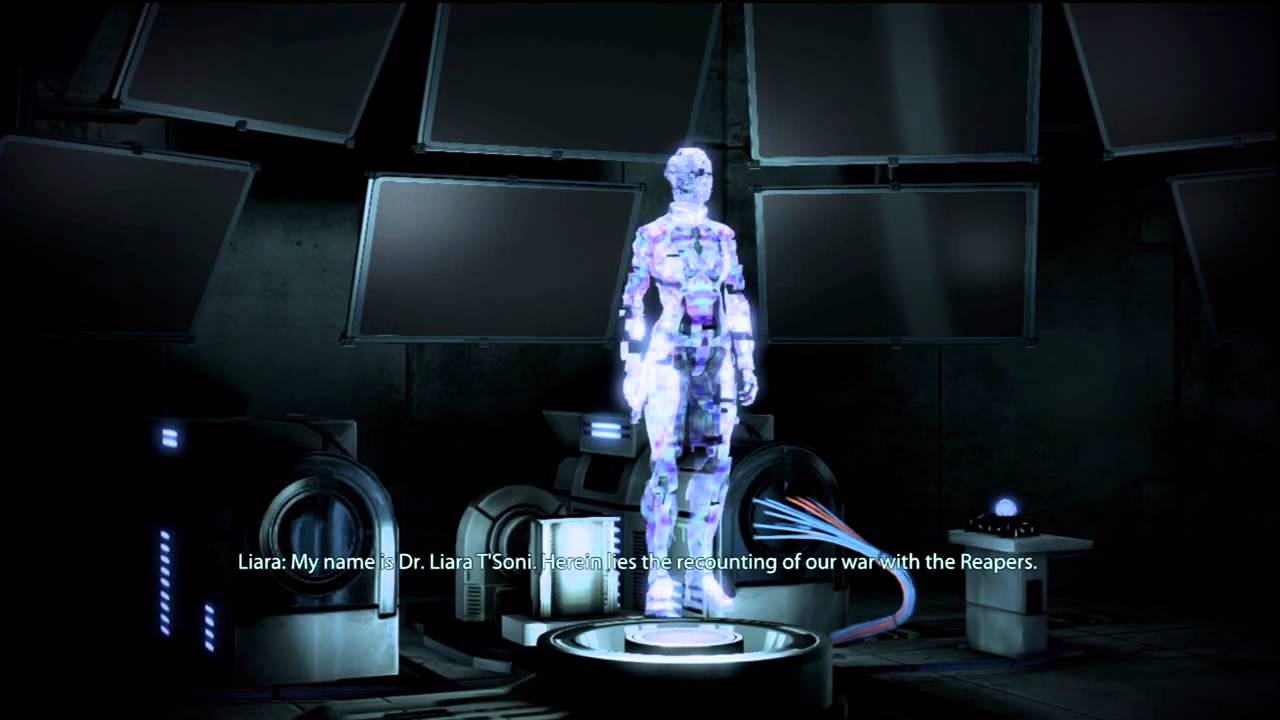
Taken at face value, it’s a colossal downer; all the civilizations under siege from the Reapers are exterminated or, horrifically, transformed into new Reapers. Humans, Turians, Quarians, Asari, and Krogans are little more than the ruins and relics they’ve left behind.
Compared to the alternatives, however, it puts the power back in your hands. Even the “destroy” ending, for all its Reaper-annihilating potential, is still a choice they offer you; it’s as disappointing and anti-climatic as confronting your arch-enemy only for them to turn around and offer to let you to kick them up the arse.
True, you might not get to tear Harbinger to pieces while epic music blares in your ears this way. And you can also access the reject ending through words rather than blasting the star child. But that moment of gun-toting defiance is still such a rush. Mass Effect has decided your choices don’t matter, but you’re sure as hell going to give it the middle finger; the restaurant’s burning down, but you smeared those stupid salsa pots all over the wall.
It’s also a grimly satisfying way of punishing a Council who spent the first two Mass Effect games refusing to follow your lead, more so even than letting them perish in the first game. You get to decide who lives and who dies on a scale that few games, short of 4X titles, have ever offered.
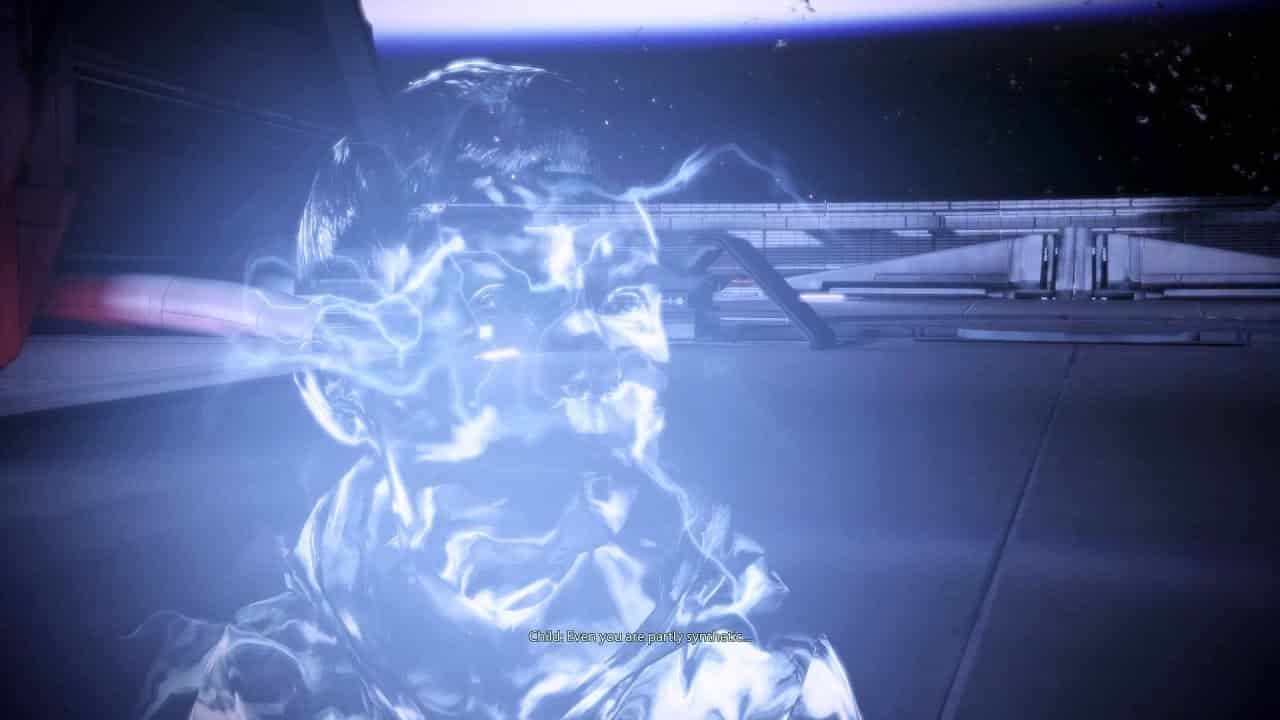
Aside from being hugely cathartic, it calls out the lie that humanity, or any species, is somehow exempt from extinction. The Mass Effect trilogy often picks up on humanity’s push for power; less than a decade after making contact with the other races, humanity had an embassy on the Citadel. And as Mass Effect 1 begins, they’re clamoring for a human Spectre.
Likewise, Mass Effect’s message of hope could be also interpreted as arrogance, that humanity could break a cycle that’s been occurring for millions of years. Instead, if you choose the “reject” ending, it’s this self-same arrogance that dooms the galaxy.
You could argue that a downer ending is too much for Joe Gamer to swallow, and it’s true that, with games being an active medium, you likely feel more of a stake in Mass Effect’s ending than if you’re watching a movie. But from Blade Runner through to The Martian Chronicles, sci-fi has a long history of finishing on a down note, so this fourth ending is entirely in keeping with the genre Mass Effect occupies.
Ultimately, telling you what to do would make me no better than the Reapers themselves. But as endings go, if it comes down to watching the galaxy burn or being a good little commander and choosing spicy, medium, or chunky, I know how I’m going to see this space opera out.

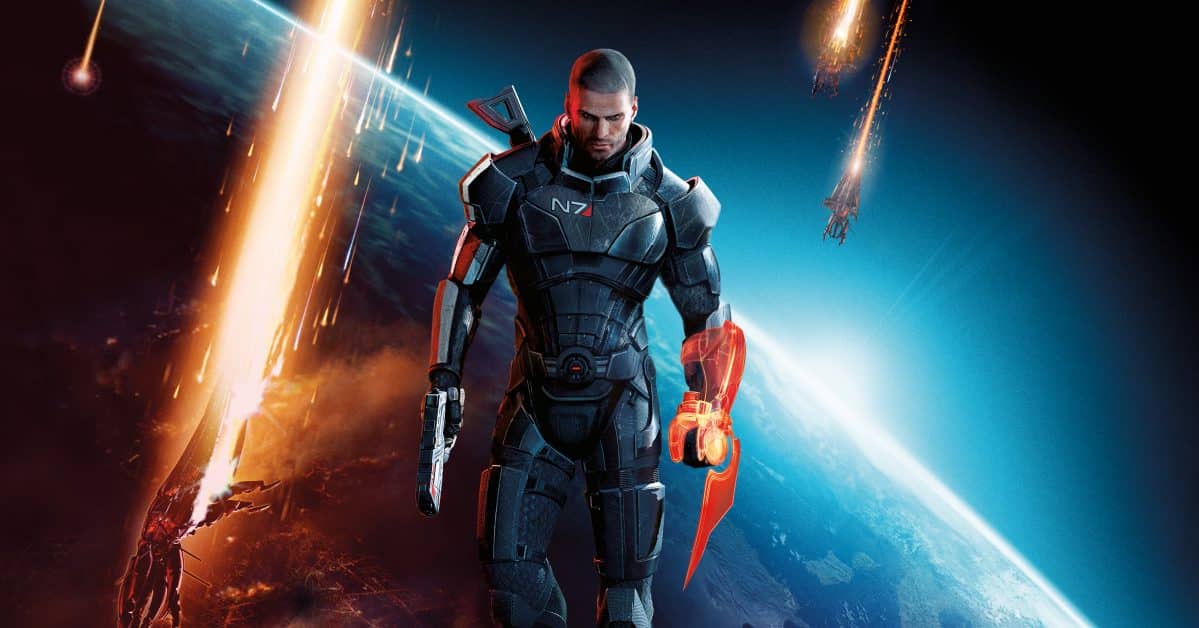
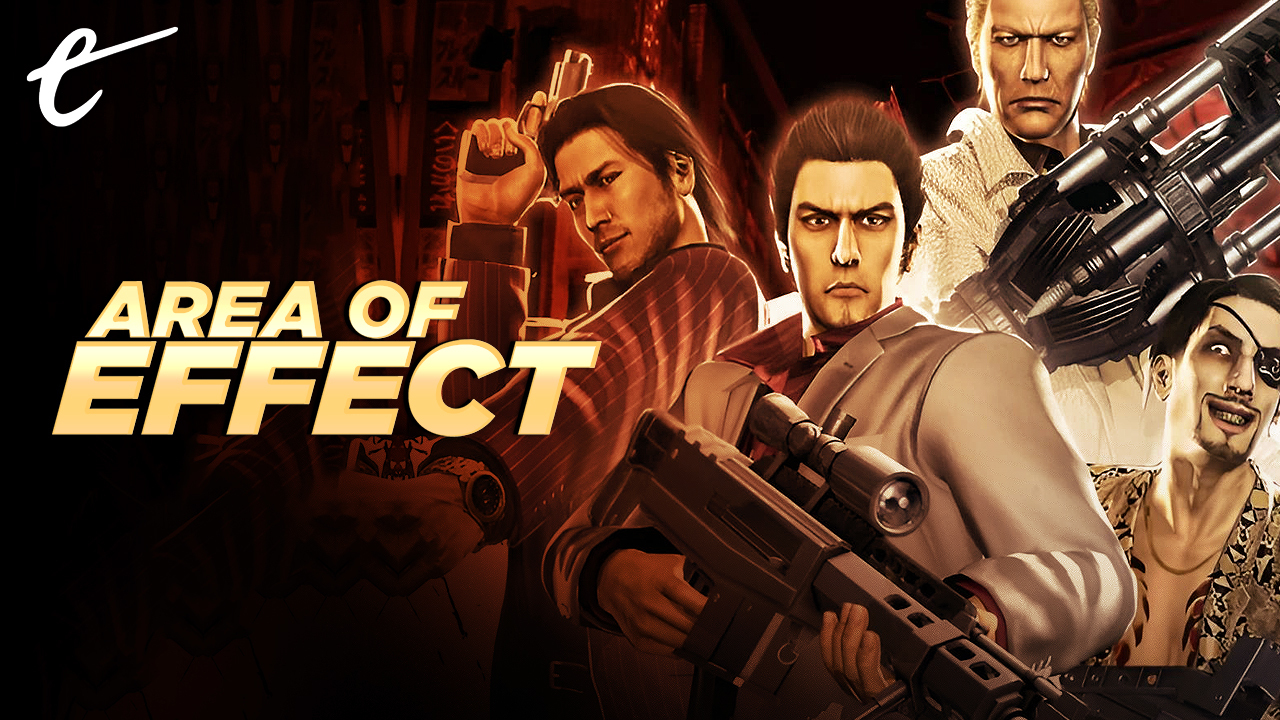
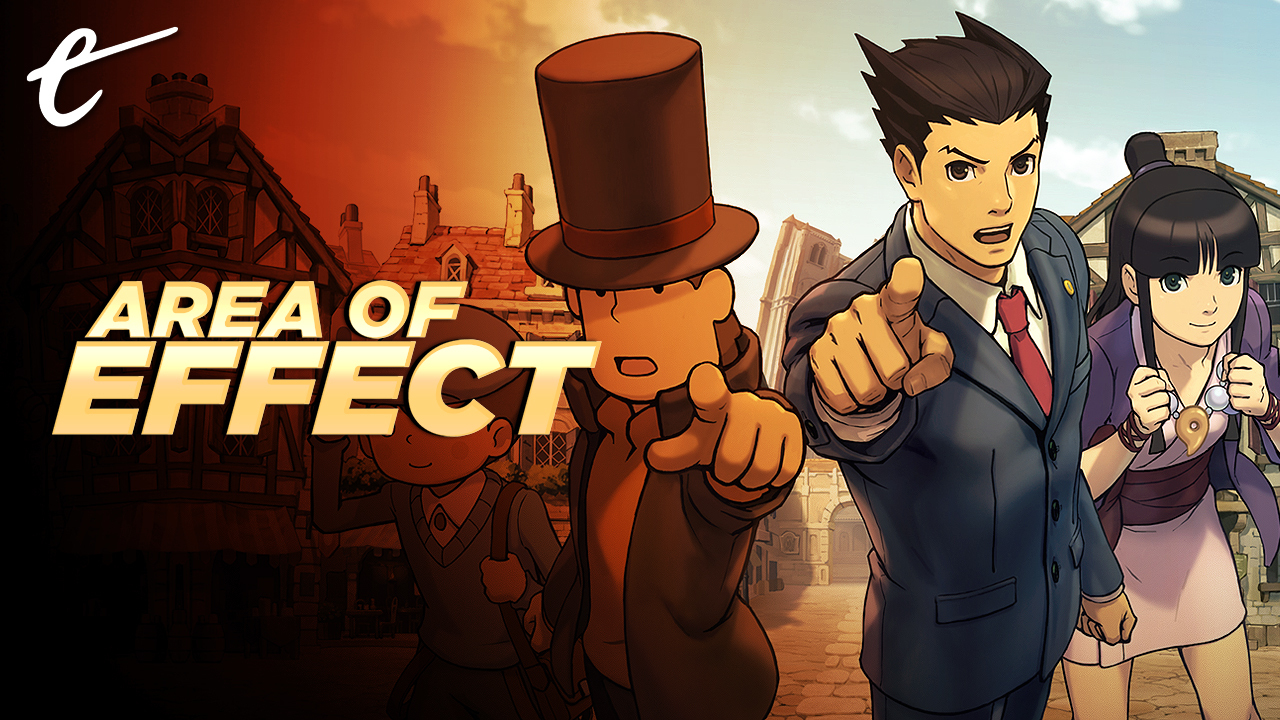
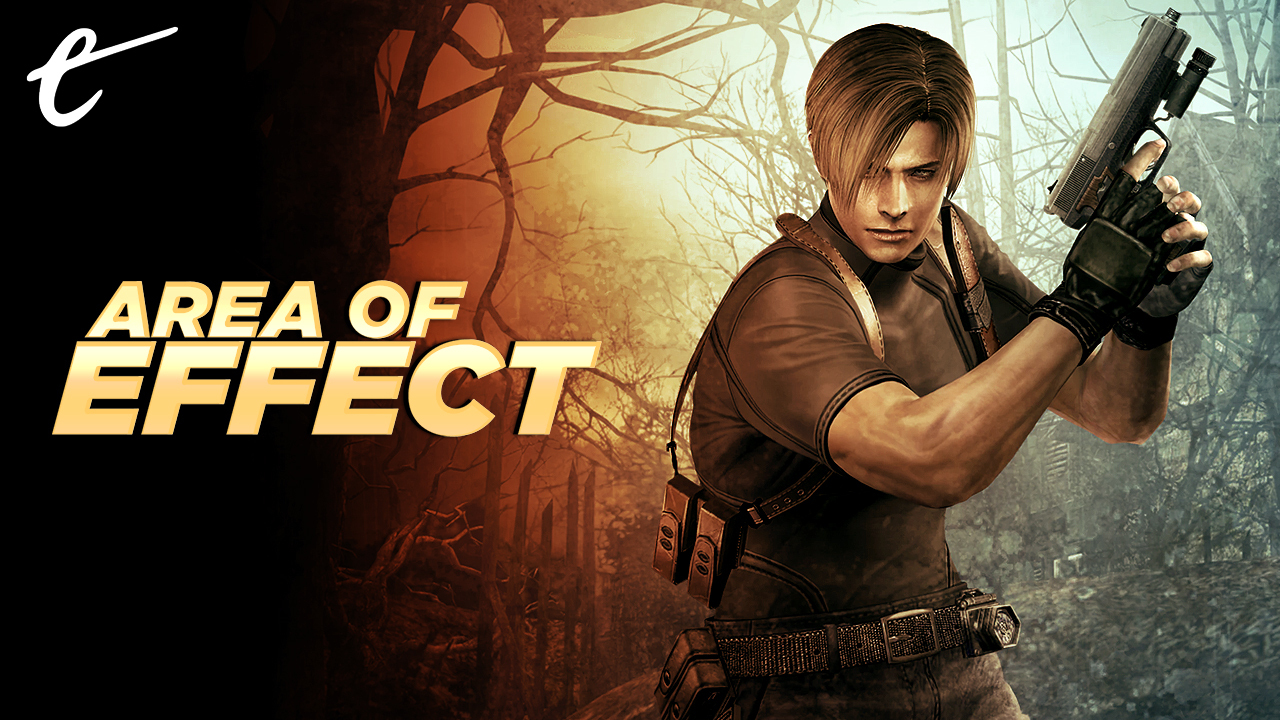
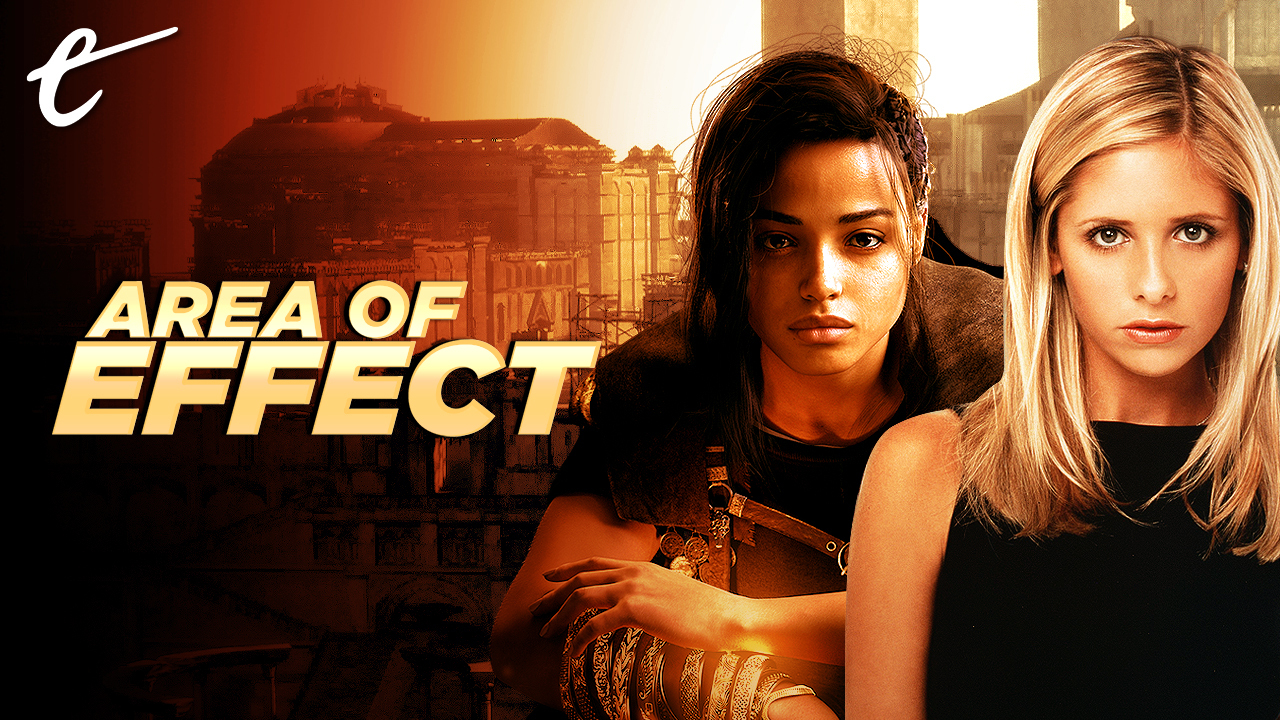
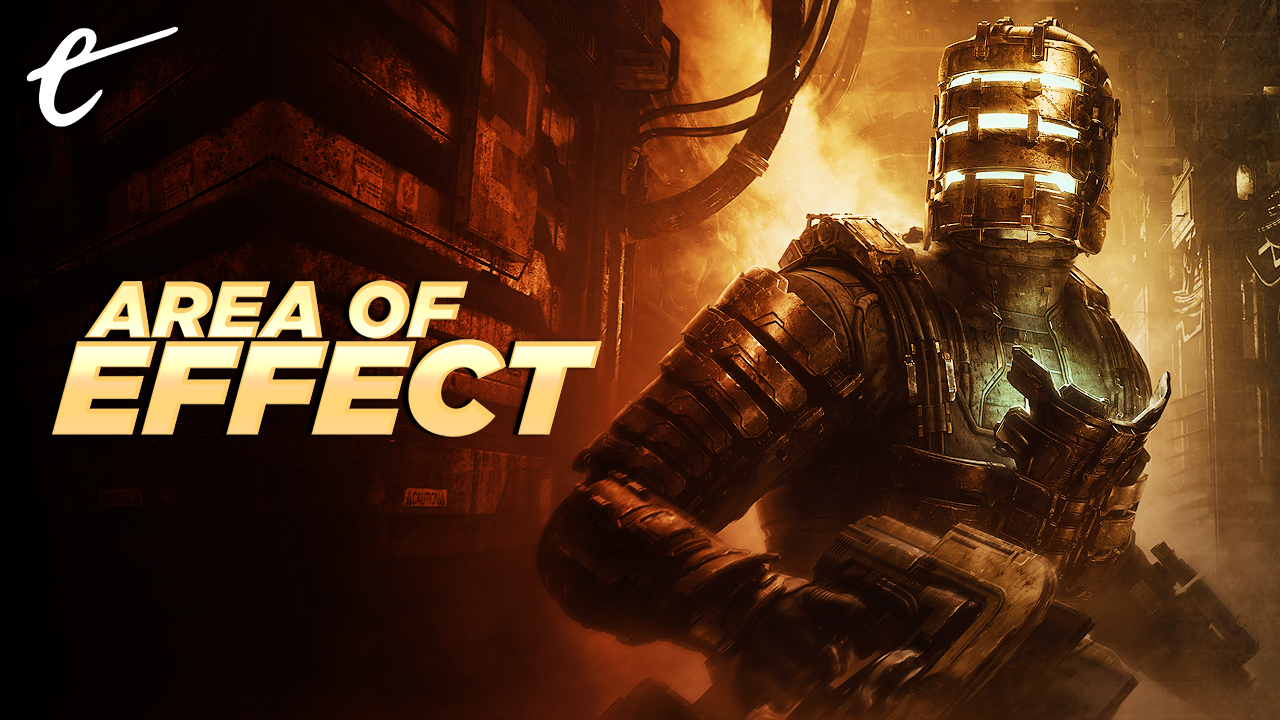
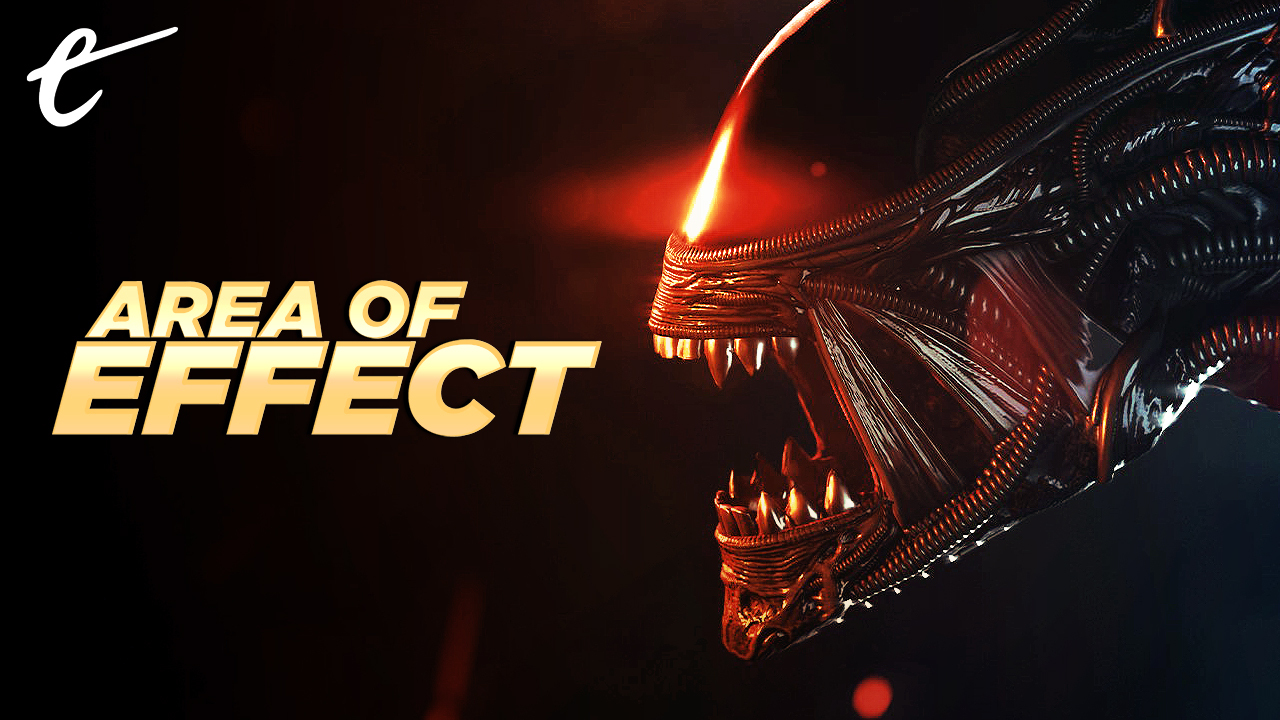
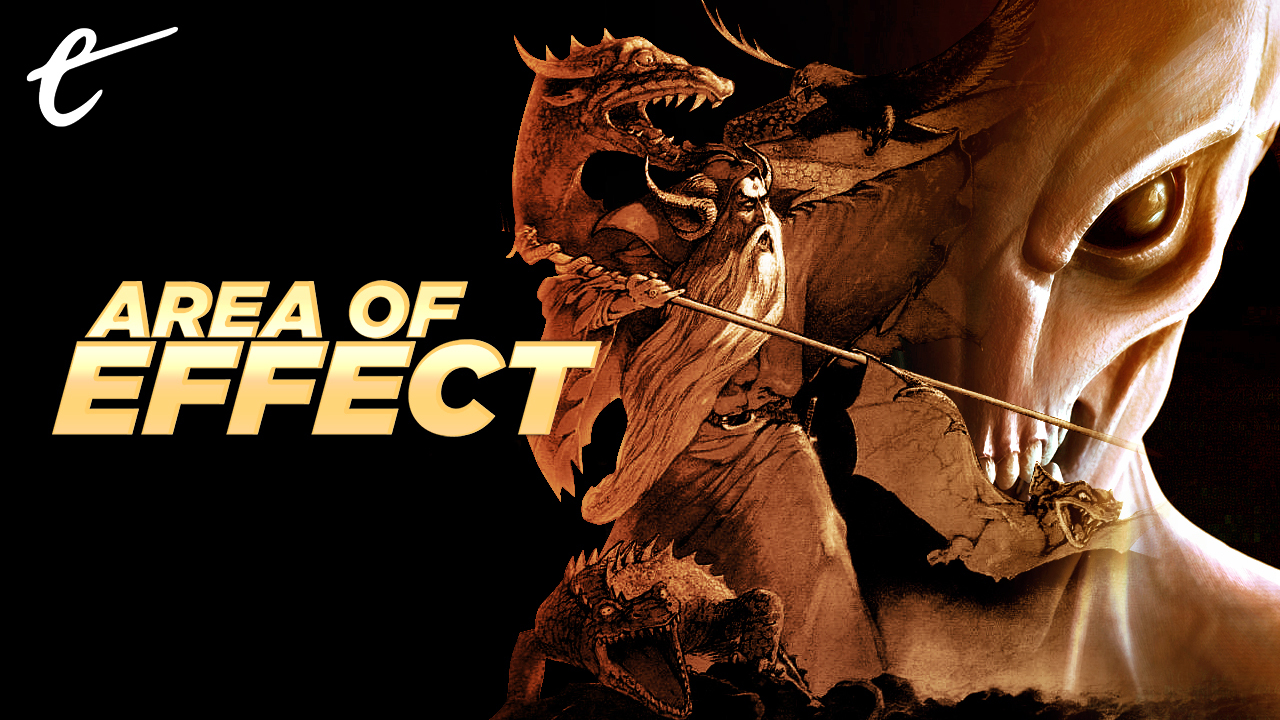
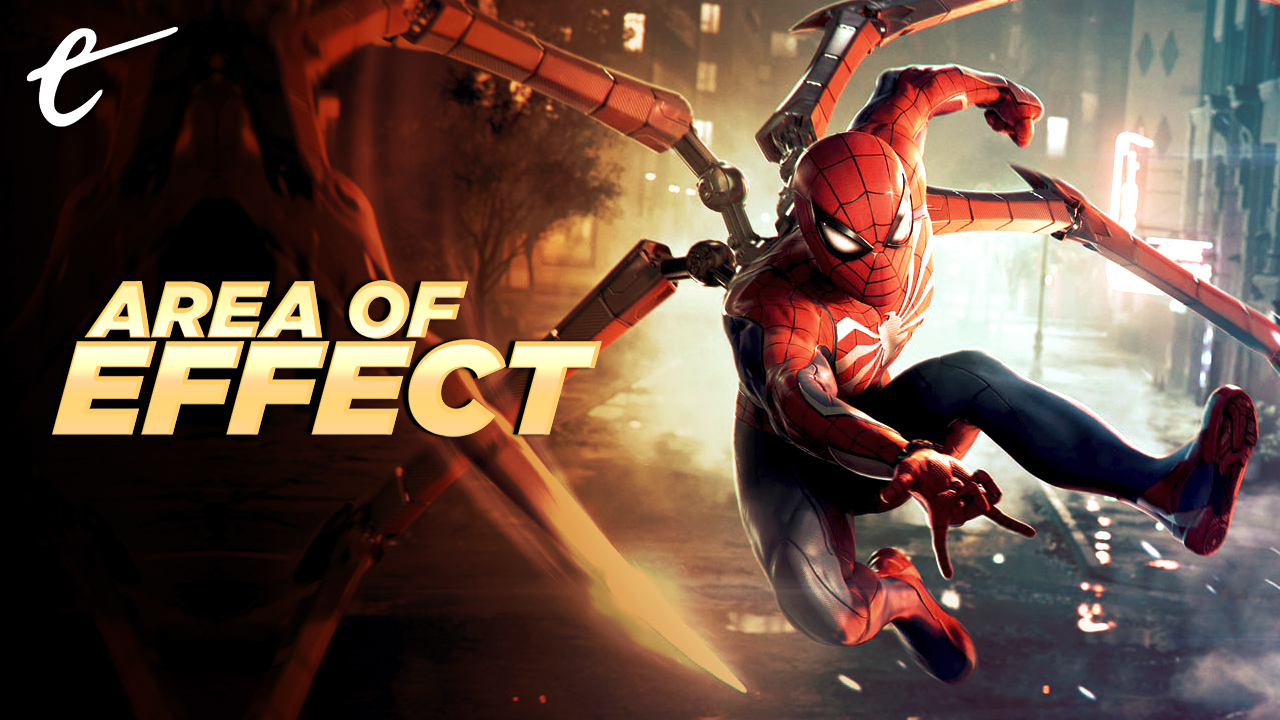
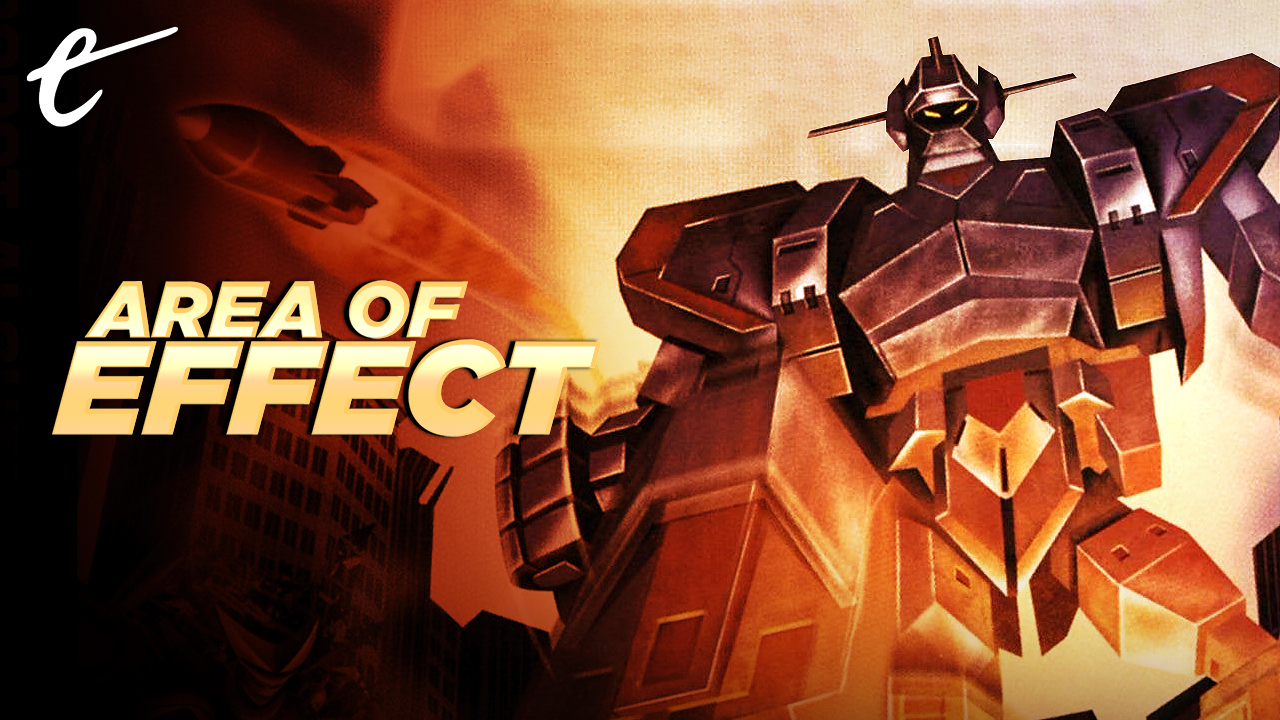

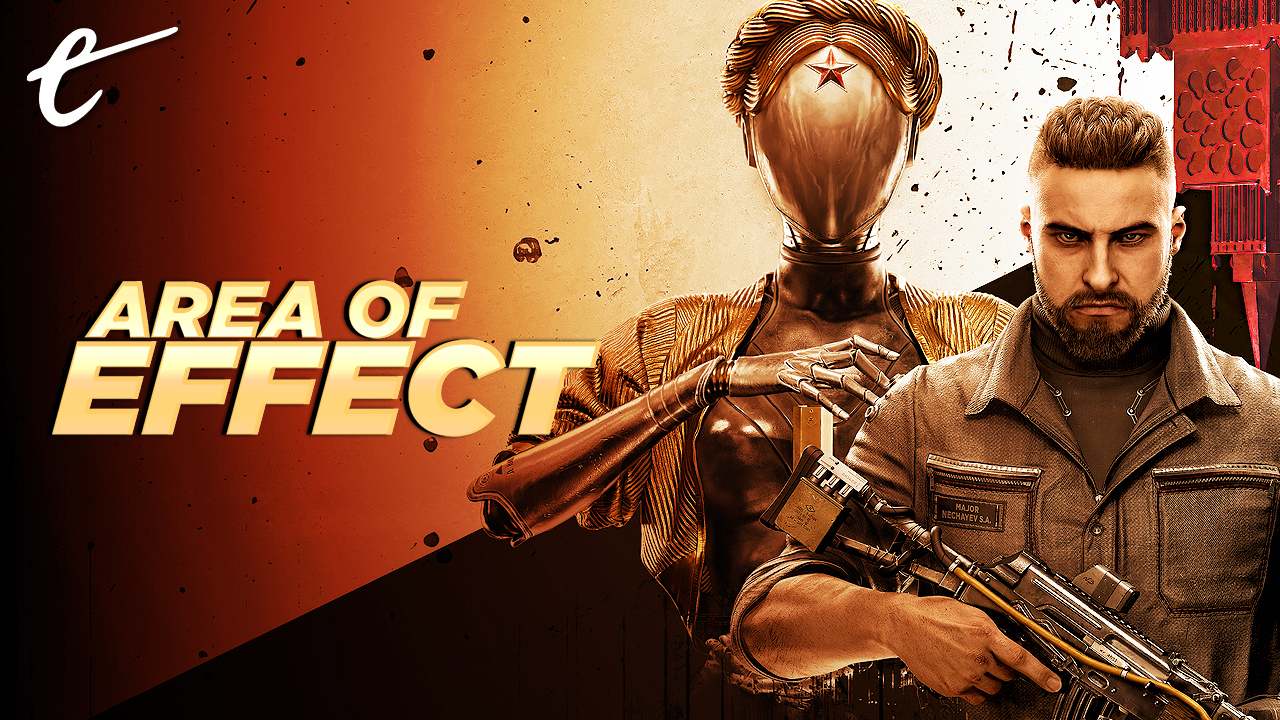

Published: Apr 20, 2021 3:00 PM UTC